Are you a transformational leader?
One of the things I hear many (good) senior leaders craving is feedback. They are still asking themselves am I doing OK? How could I be more impactful? Am I likeable? Am I making a difference? Am I in the right role, am I on the right path? Am I transformational?
The challenge is, eventhough it a human need to seek feedback and validation, the more senior you become the less people give you regular developmental feedback because the power distance dynamic comes into play.
That means either people don’t feel safe giving their leaders feedback because they worry about the implications of the feedback on themselves.. what if my boss doesn’t like what I say about them, will I then be rejected.
Or people fall into the trap of telling leaders what think they want to hear which then doesn’t create transformational leadership - it creates complacency and an echo chamber. Either way no growth or change happens. That’s where 360 degree feedback is a powerful agent of change!
“I’ve been using Leadership Circle to help leaders collect data and learn fast how to be a more transformational and culture building leader. The Leadership Circle profile, is potentially the most transformational leadership development tool available in the market at the moment.”
The 360 tool, connects a well-researched battery of competencies with the underlying and motivating habits of thought. It reveals the relationship between patterns of action and internal assumptions that drive behavior. Often these internal assumptions, beliefs and behaviours have been running us for years. During a Leadership Circle Profile (LCP) assessment and debrief we can get straight to the source of behaviour (often in our pasts) to get greater leverage on change.
The LCP measures the two primary leadership domains - Creative Competencies and Reactive Tendencies - and integrates this information so that key opportunities for development immediately rise to the surface.
CREATIVE COMPETENCIES are well-researched competencies measuring how you achieve results, bring out the best in others, lead with vision, enhance your own development, act with integrity and courage, and improve organizational systems.
REACTIVE TENDENCIES are leadership styles emphasizing caution over creating results, self-protection over productive engagement, and aggression over building alignment. These self-limiting styles over emphasize the focus on gaining the approval of others, protecting yourself, and getting results through high control tactics.
It’s an acting of humility and vulnerability as a leader to ask your team or your peers for feedback but asking for feedback also creates safety and a positive culture ripple effect, especially if your people and teams see you acting on the feedback and doing things differently as a result.
Leaders are the most powerful culture change lever there is. People look up to their leaders to show them the way to do things around here. It doesn’t matter what we say our culture is, it’s all about behaviour in action.
The Leadership Circle process helps leaders become more conscious and aware of how their leadership might be supporting or erroding the cultures and therefore your business impact. It gets you to profound insight quickly on how and why you are not having the impact you’d like to be having on your teams and your business results.
Looking forward to supporting you to become (an even more) transformational leader


